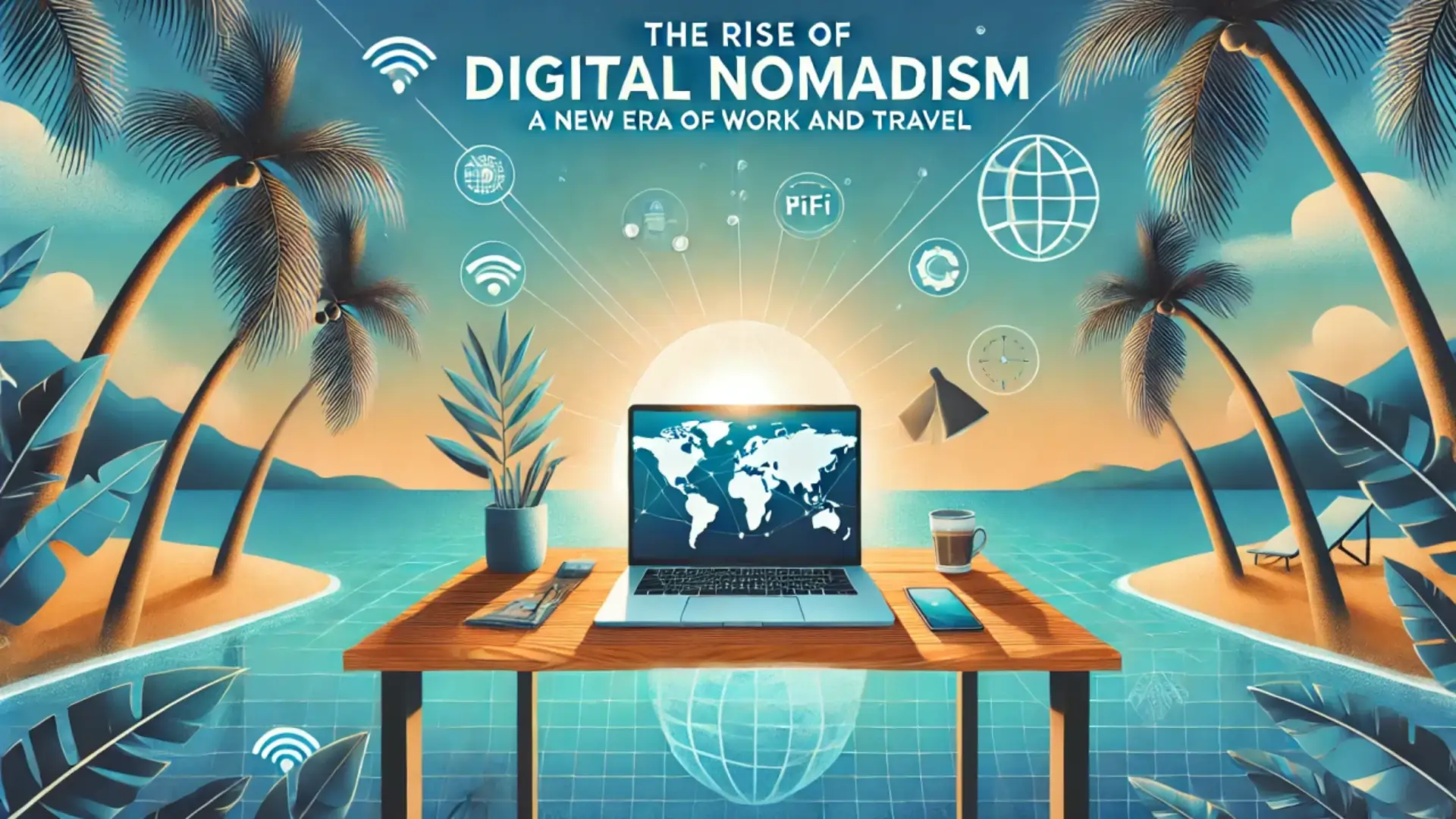
Digital Nomadism and Its Future
The traditional concept of a 9-to-5 office job is rapidly evolving, giving way to a more flexible and location-independent lifestyle. Digital nomadism, the practice of working remotely while traveling, has experienced a surge in popularity, fueled by technological advancements and a growing desire for work-life integration. The rise of digital nomadism is not just a passing trend; it represents a fundamental shift in how we perceive work and leisure, paving the way for a future where work is untethered.
The ability to work remotely, coupled with affordable travel options and a globalized internet infrastructure, has empowered individuals to break free from geographical constraints. Digital nomads are leveraging technology to build careers and businesses from anywhere in the world, embracing a lifestyle that prioritizes freedom, adventure, and personal growth. This movement is reshaping the landscape of work, challenging traditional employment models and fostering a culture of location independence.
Technological Advancements Fueling the Movement
The proliferation of high-speed internet, cloud-based collaboration tools, and video conferencing platforms has made remote work more accessible and efficient than ever before. Digital nomads rely on these technologies to stay connected with clients, colleagues, and projects, regardless of their location.
Furthermore, the development of co-working spaces and digital nomad communities has provided a supportive infrastructure for remote workers, offering access to reliable internet, collaborative workspaces, and networking opportunities.
Changing Perceptions of Work and Lifestyle
Digital nomadism reflects a growing desire for work-life integration, where individuals prioritize personal fulfillment and travel experiences alongside their professional goals. This shift in mindset is challenging the traditional notion of work as a fixed location and time commitment.
Digital nomads are embracing a more flexible and adaptable lifestyle, where work is integrated into their travels and personal experiences. This approach allows them to explore new cultures, expand their horizons, and cultivate a more fulfilling life.
Impact on Businesses and Employment Models
The rise of digital nomadism is also impacting businesses and employment models. Companies are increasingly recognizing the benefits of remote work, such as increased productivity, reduced overhead costs, and access to a global talent pool.
Furthermore, businesses are adapting their policies and practices to accommodate remote workers, offering flexible work arrangements, remote onboarding processes, and virtual team-building activities.
Challenges and Considerations
While digital nomadism offers numerous benefits, it also presents challenges and considerations. Issues such as visa requirements, tax obligations, and access to healthcare can be complex for individuals living and working abroad.
Furthermore, maintaining a healthy work-life balance and avoiding burnout can be challenging for digital nomads, who often work irregular hours and face constant distractions.
The Future of Digital Nomadism
The future of digital nomadism appears bright, with increasing numbers of individuals embracing location independence and remote work. As technology continues to advance and businesses adapt to the changing landscape of work, digital nomadism is poised to become an even more prevalent lifestyle.
We can expect to see the development of more robust infrastructure and support systems for digital nomads, including co-living spaces, remote work hubs, and specialized travel services. Furthermore, we can anticipate the emergence of new career paths and business models that cater to the needs of location-independent professionals.
Digital nomadism represents a fundamental shift in how we perceive work and lifestyle, paving the way for a future where work is untethered and individuals have the freedom to design their own lives.





